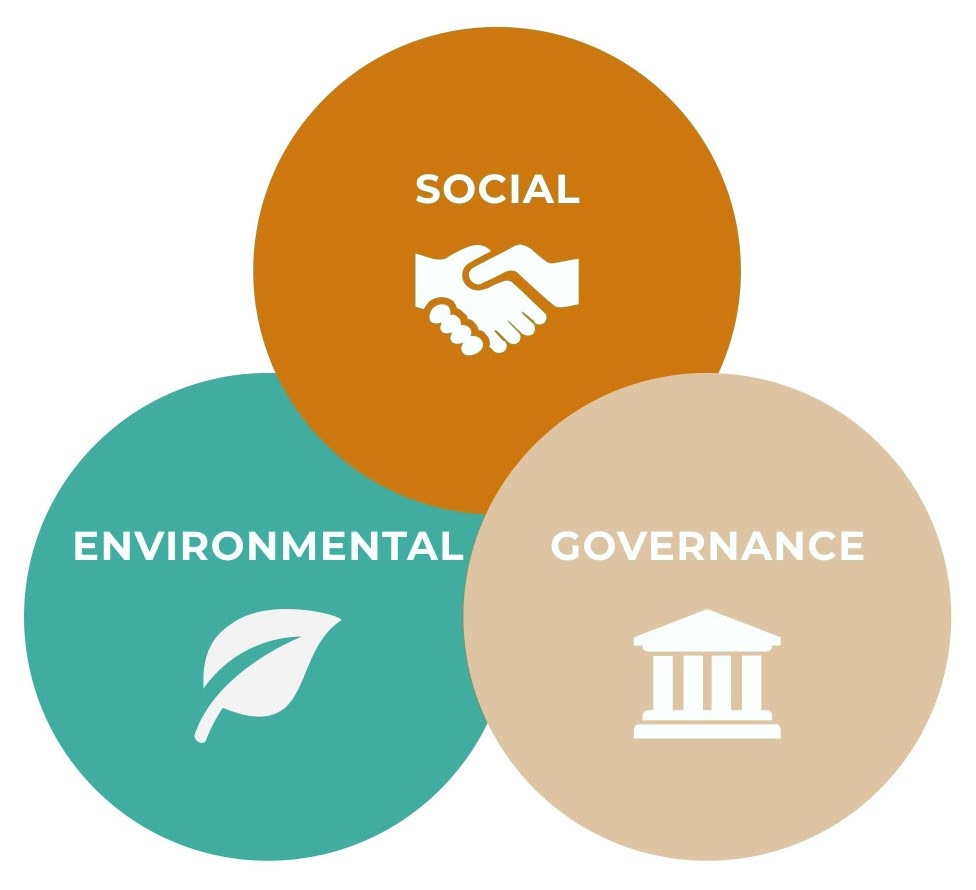It is an attempt to summarize how well the company is doing on three main fronts:

E (Environmental) Includes pollution or waste material that a company produces and factors related to climate change, energy efficiency, etc.
S (Social) How company manages its relationships with its workforce and the societies in which it operates.
G (Corporate Governance) It is defined as “the system of checks and balances that ensures that corporate management, including boards and board committees, senior corporate executives, auditors and corporate advisers, all carry out their fiduciary responsibilities owed to those they represent.”
Common mistake that people make
It is governance, not government 😉
“ESG rating” seems to be the wrong name, it is more of an “ESG opinion”
While the ESG rating industry is currently dominated by almost the same players that are important in the credit rating market, one cannot say that it shares the same reliability and objectivity as a credit rating. Credit ratings are taking into account a very objective measure known as “distance to default”, while there exists no such simple “ground truth” when it comes to many variables that flow into the ESG ratings.
ESG ratings take into account many times even hundreds of metrics or variables and condense them into one single number or letter.
With what weights shall one weigh each factor is largely a personal choice and thus I prefer to speak of an ESG opinion rather than an ESG rating.
Would you pay tens of thousands of dollars for an ESG opinion? Probably not. But for an ESG rating – sure, why not…
Scale
Usually it is some number from 0 to 100 (best), or some letters (e.g., CCC-AAA), or the scale is inverted and 0 is the best rating. It varies from data provider to data provider.